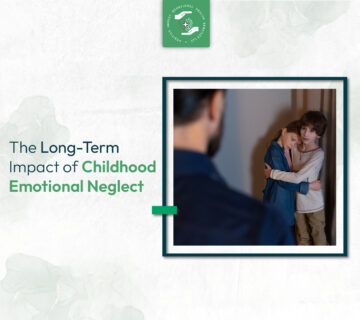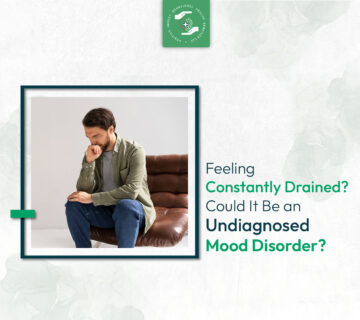The journey through healing from trauma is unique to each person, yet universally challenging. With the right guidance, understanding what lies ahead can transform the intimidating path of trauma therapy into a roadmap towards recovery. Whether you’re taking the first steps towards healing or looking to understand more about what trauma therapy entails, this blog is designed to illuminate the path ahead.
Understanding Trauma and Its Impact on Your Life
Trauma often leaves an indelible mark on one’s psyche, manifesting differently from one person to another. Understanding trauma and its profound effects doesn’t just demystify the initial steps of therapy; it lays down the foundation for a more compassionate journey towards healing. Trauma can alter the way you perceive the world, influence your relationships, and impact your everyday decisions. Knowledge about trauma paves the way for healing, offering a lens through which therapy can be understood and accepted.
The First Steps in Trauma Therapy: What to Expect During Your Initial Sessions
Your initial sessions in trauma therapy are often about building trust and safety—a foundational step essential for effective healing. These sessions might feel overwhelming as you start to unpack your experiences. Remember, it’s normal to feel vulnerable during this phase. Therapists often use this time to understand your specific needs, setting the stage for a tailored therapy approach.
Different Approaches in Trauma Therapy: Exploring What Works for You
Trauma therapy encompasses various methodologies tailored to match individual needs. From cognitive-behavioral therapy (CBT) and eye movement desensitization and reprocessing (EMDR), to somatic experiencing and narrative therapy, each approach offers unique benefits. Exploring what works for you is a journey within itself, often requiring patience and openness. Remember, the goal is to find a therapy style that resonates with you, facilitating healing in a way that feels most comfortable.
Building Trust and Safety: The Therapeutic Relationship in Trauma Recovery
A strong therapeutic relationship is the cornerstone of effective trauma therapy. Building trust with your therapist creates a safe space where healing can begin. This process can take time but is crucial for uncovering and working through the complexities of trauma. The sense of safety and understanding from a therapist can empower you to engage deeply in the healing process, making it an integral component of recovery.
Navigating Setbacks and Celebrating Progress in Your Healing Journey
Healing from trauma is rarely a straight path. There will be setbacks, and that’s entirely normal. These moments, though challenging, are not indicators of failure but rather part of the complex process of healing. It’s vital to celebrate the progress, no matter how small it may seem. Each step forward, be it recognizing a trigger or managing a response that once felt uncontrollable, is a testament to your strength and resilience.
Integrating Trauma Therapy into Everyday Life: Long-Term Coping Strategies
As you advance in your trauma therapy journey, integrating learned coping strategies into daily life becomes crucial. These strategies offer a toolbox for managing symptoms outside of therapy sessions, empowering you to regain control over your life. This integration is a sign of significant progress, representing a pivotal point where the skills acquired in therapy start to weave into the fabric of everyday existence, paving the way for long-term healing and resilience.
Embracing the Journey of Healing
As you navigate through the various stages of trauma therapy, remember that the process is not linear. There will be challenges and setbacks, but there will also be significant victories and leaps towards healing. Embrace the support from your therapist, lean on coping strategies that work for you, and celebrate each step forward, no matter how small it may seem. Healing from trauma is a journey of rediscovering strength and resilience, and each step forward in therapy is a step towards reclaiming your life.






No comment